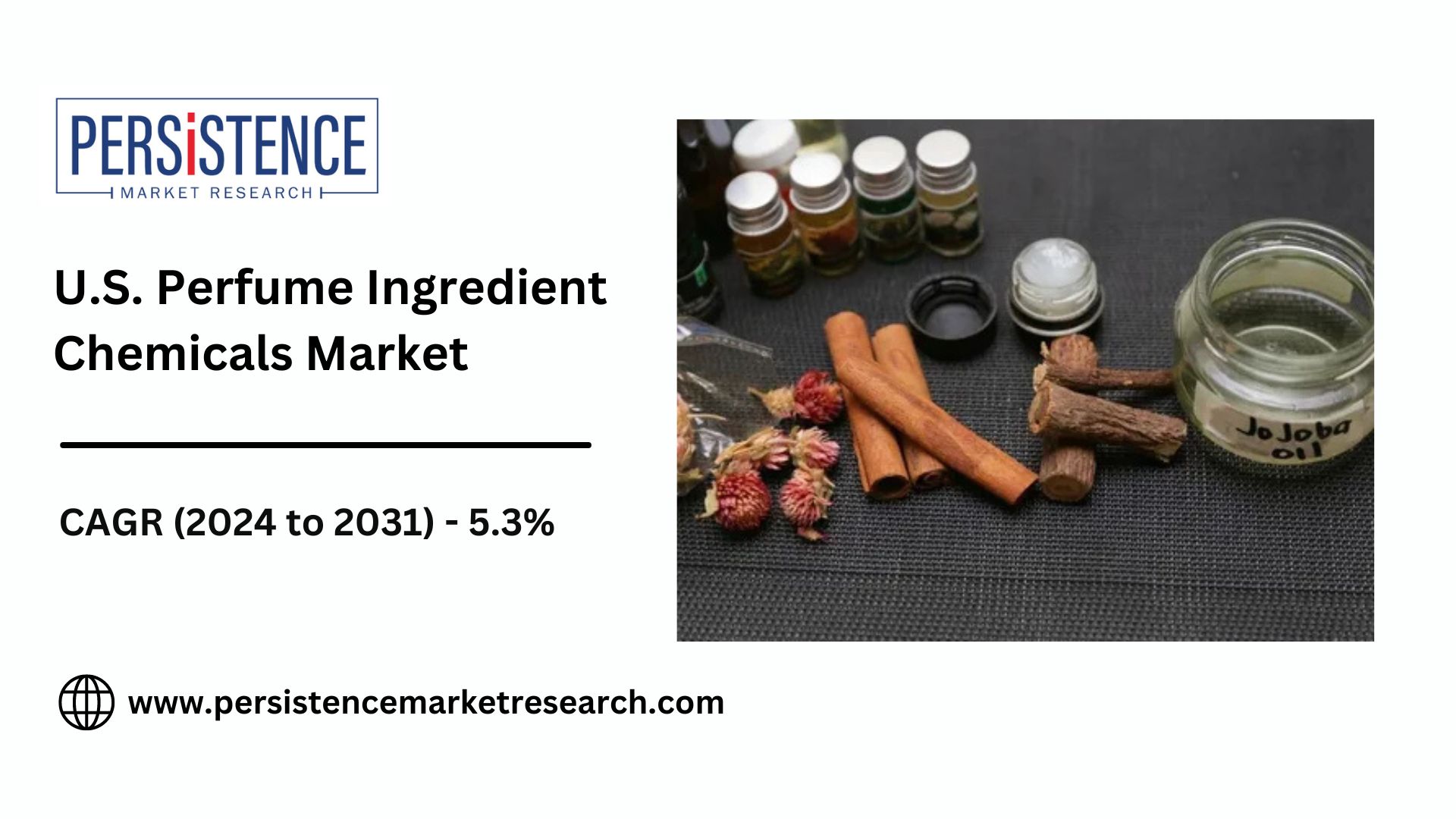The Berberine Supplements Industry is Booming | News & Insights

Strong 8k brings an ultra-HD IPTV experience to your living room and your pocket.
The global Berberine Supplements Market, valued at approximately $885 million in 2022, is anticipated to grow significantly over the next decade. With a projected CAGR of 8% from 2023 to 2033, the market is expected to reach $2.1 billion by 2033. Capsule forms of berberine supplements are forecasted to be major revenue drivers, growing at a CAGR of 7.9% during this period. In the U.S., the market is projected to grow at a slightly lower CAGR of 6.8%. The market, which had an 8.9% CAGR from 2018 to 2022, presents an absolute dollar opportunity of $1.1 billion, reflecting strong growth potential. Key players include Horbaach, Thorne, and Now Foods, among others.
The berberine supplements industry is experiencing a remarkable surge, driven by growing consumer awareness, scientific advancements, and market innovations. As more people turn to natural remedies for health management, berberine has emerged as a key player in the dietary supplements market. Here’s a comprehensive look at the latest news and insights into this booming industry.
1. Market Growth and Projections
The berberine supplements market is on an upward trajectory, with projections indicating substantial growth in the coming years. The market is expected to reach $2.1 billion by 2033, reflecting an impressive compound annual growth rate (CAGR) of 8%. This growth is fueled by increasing consumer demand for natural health solutions and expanding awareness of berberine’s potential benefits.
Key Insight: Industry analysts attribute the robust growth to heightened consumer interest in natural and effective supplements, as well as ongoing research that supports berberine’s health benefits.
2. Consumer Shift Towards Natural Remedies
There is a notable shift in consumer preferences towards natural health remedies, and berberine supplements are at the forefront of this trend. As individuals become more health-conscious and seek alternatives to conventional pharmaceuticals, berberine is gaining popularity for its potential in managing blood sugar levels, improving cardiovascular health, and supporting weight management.
Key Insight: This trend underscores the importance for companies to emphasize the natural origins and holistic benefits of berberine supplements in their marketing strategies.
3. Advancements in Scientific Research
Scientific research and clinical studies are increasingly validating the health benefits of berberine. Emerging evidence highlights berberine’s efficacy in managing diabetes, lowering cholesterol levels, and supporting metabolic health. This growing body of research is enhancing consumer confidence and driving demand for berberine supplements.
Key Insight: Staying abreast of the latest research findings and integrating scientific validation into product claims can bolster credibility and attract informed consumers.
4. Innovations in Supplement Formulations
The berberine supplements industry is witnessing significant innovations in product formulations. Advances such as enhanced absorption technologies, time-release capsules, and combination products are becoming more prevalent. These innovations aim to improve the effectiveness and convenience of berberine supplements, making them more appealing to consumers.
Key Insight: Companies investing in research and development to explore new formulations and delivery methods can gain a competitive edge and cater to the evolving needs of health-conscious consumers.
5. Expansion of E-Commerce and Digital Sales
The rise of e-commerce and digital sales channels is transforming the berberine supplements market. Online platforms provide consumers with easy access to a wide range of products, and digital retail is becoming a significant growth driver. This shift is reshaping how supplements are marketed and sold.
Key Insight: Companies should focus on optimizing their online presence and leveraging digital marketing strategies to reach a broader audience and enhance customer engagement.
6. Emphasis on Quality and Transparency
As consumer expectations for product quality and transparency increase, the berberine supplements industry is responding with higher standards of quality control and clear labeling. Consumers are seeking supplements that are rigorously tested, accurately labeled, and produced with transparency regarding ingredient sourcing and manufacturing processes.
Key Insight: Ensuring high-quality standards and transparent product information is essential for building consumer trust and maintaining a positive brand reputation.
7. Growing Market Opportunities in Emerging Regions
Emerging markets are experiencing a surge in demand for berberine supplements, driven by rising health awareness, increasing disposable incomes, and a growing preference for natural health products. These regions present significant growth opportunities for the industry.
Key Insight: Companies should explore expansion opportunities in emerging markets by adapting products to local preferences and regulatory requirements, and establishing strong distribution networks.
8. Navigating Competitive Market Dynamics
The berberine supplements market is becoming increasingly competitive, with numerous players entering the space. Differentiation through innovative formulations, effective branding, and strategic marketing is crucial for success in this dynamic market.
Key Insight: Developing unique value propositions and investing in branding and customer engagement can help companies stand out and capture a larger share of the market.
9. Regulatory Compliance and Challenges
Regulatory standards for dietary supplements vary across regions, and ensuring compliance with these standards is critical for market success. Companies must navigate complex regulatory environments and adhere to safety and efficacy requirements.
Key Insight: Staying informed about regulatory changes and investing in regulatory affairs is essential for maintaining product safety and ensuring marketability in different regions.
In conclusion, the berberine supplements industry is experiencing robust growth, driven by increasing consumer demand for natural remedies, scientific advancements, and innovations in product formulations. Companies that stay ahead of these trends, prioritize quality and transparency, and explore emerging market opportunities are well-positioned to thrive in this booming industry. As the market continues to expand, ongoing research, effective marketing strategies, and regulatory compliance will be key factors in shaping the future of berberine supplements.
Note: IndiBlogHub features both user-submitted and editorial content. We do not verify third-party contributions. Read our Disclaimer and Privacy Policyfor details.







